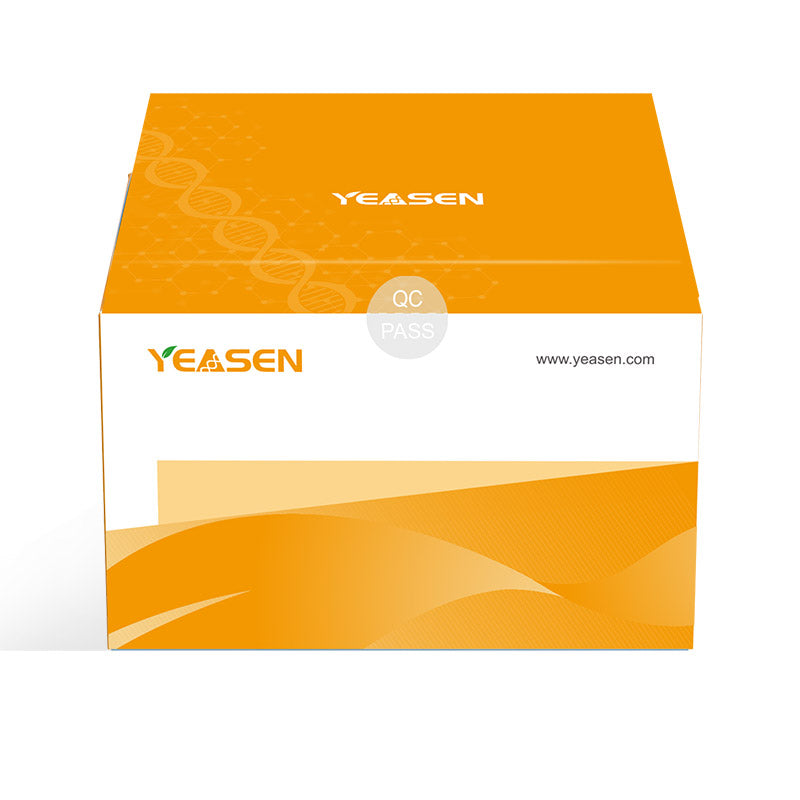Description
ATP is the most important energy molecule in cells and can be used to measure the metabolic level of cells. It has a good linear relationship with the number of live cells. Therefore, the ATP content can be used to reflect the number of live cells. This kit uses an ATP-dependent luciferase-catalyzed luminescent reaction to measure the ATP content in cells, thereby detecting cell viability or quantifying the number of live cells. The kit is highly sensitive and has a wide linear range. It is compatible with both small sample detection and high-throughput screening of large samples.
The luminescent cell viability assay provided in this kit has a wide linear range, high sensitivity, and good stability. In a 96-well plate, a good linear relationship is observed between 100 and 100,000 cells. However, the upper limit for cell detection may vary depending on the cell type. In addition, the kit is easy to use. The reagents provided are ready-to-use, with stable readings and fast detection speed. The entire detection process takes only about 10 minutes. There is no need to wash the cells or replace or remove the culture medium. Compared with other common cell viability assays, such as Calcein-AM and CCK-8, the luminescent cell viability assay is simpler and faster.
Features
Simple operation, rapid detection.
High sensitivity, wide linear range.
Good stability.
Applications
Cell Proliferation Assay
Cytotoxicity
Drug Screening
Tumor Drug Sensitivity Test
Biofactor Activity Detection.
Components
|
Components No. |
Name |
40210ES10 |
40210ES60 |
40210ES80 |
|
40210 |
ATP Luminescent Cell Viability Assay Kit |
10 mL |
100 mL |
10×100 mL |
Shipping and Storage
The product is shipped with ice pack. Can be stored at -15°C ~-25°C for 3 years.
Documents:
Safety Data Sheet
Manuals
Citations & References:
[1] Guoping Mao, Dedong Xin, Qian Wang, Dongmei Lai. Sodium molybdate inhibits the growth of ovarian cancer cells via inducing both ferroptosis and apoptosis. Free Radical Biology and Medicine, Volume 182,2022,Pages 79-92,ISSN 0891-5849.(IF:7.1)
[2] Yiqing Zou, Xiaonan Chen, Yingying Sun, Pengyu Li, Mao Xu, Pengchao Fang, Shuqi Zhang, Gang Yuan, Xin Deng, Haiyan Hu. Antibiotics-free nanoparticles eradicate Helicobacter pylori biofilms and intracellular bacteria. Journal of Controlled Release, Volume 348,2022,Pages 370-385,ISSN 0168-3659. (IF:10.5)
Payment & Security
Your payment information is processed securely. We do not store credit card details nor have access to your credit card information.
Inquiry
You may also like
FAQ
The product is for research purposes only and is not intended for therapeutic or diagnostic use in humans or animals. Products and content are protected by patents, trademarks, and copyrights owned by Yeasen Biotechnology. Trademark symbols indicate the country of origin, not necessarily registration in all regions.
Certain applications may require additional third-party intellectual property rights.
Yeasen is dedicated to ethical science, believing our research should address critical questions while ensuring safety and ethical standards.

